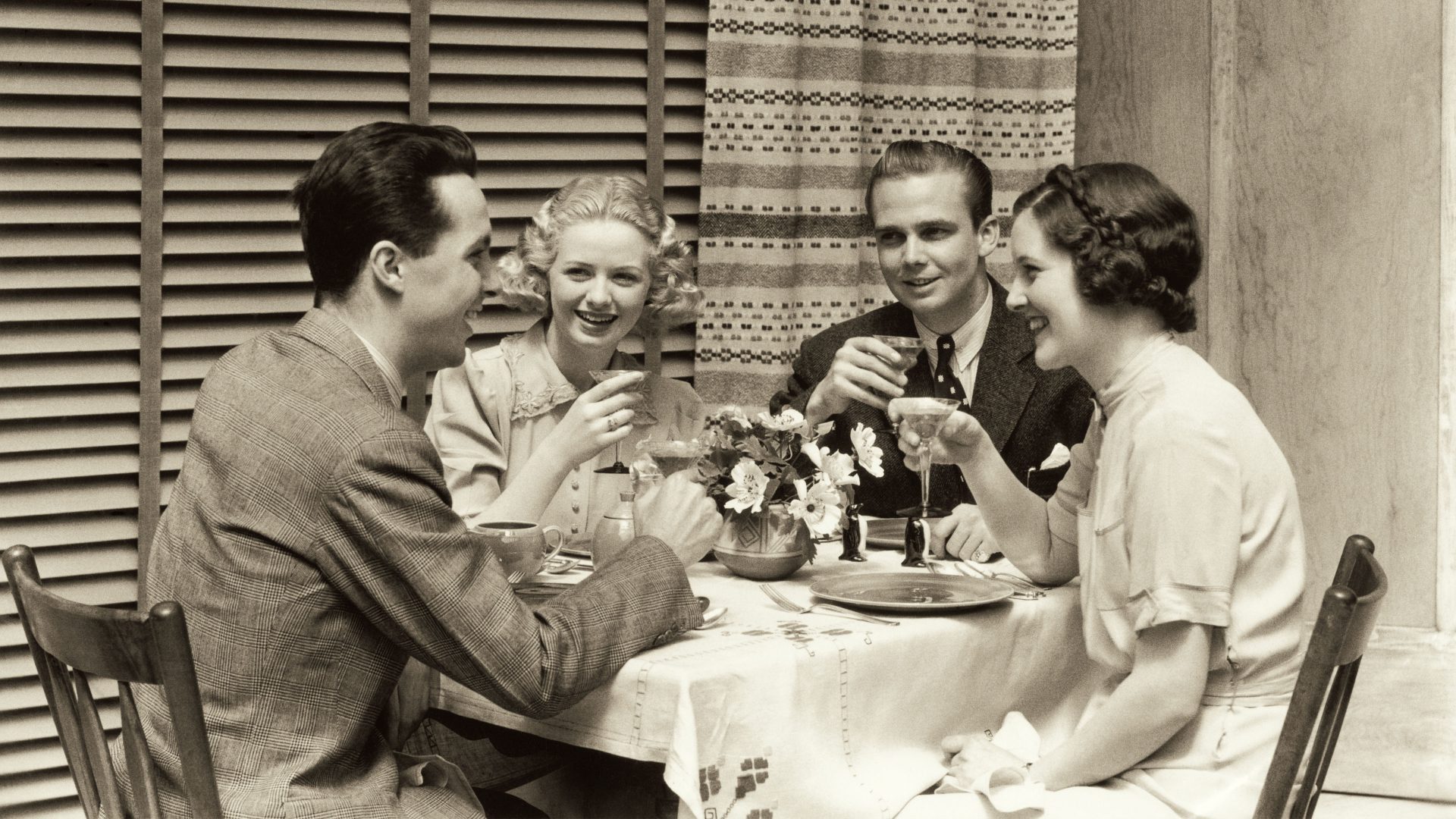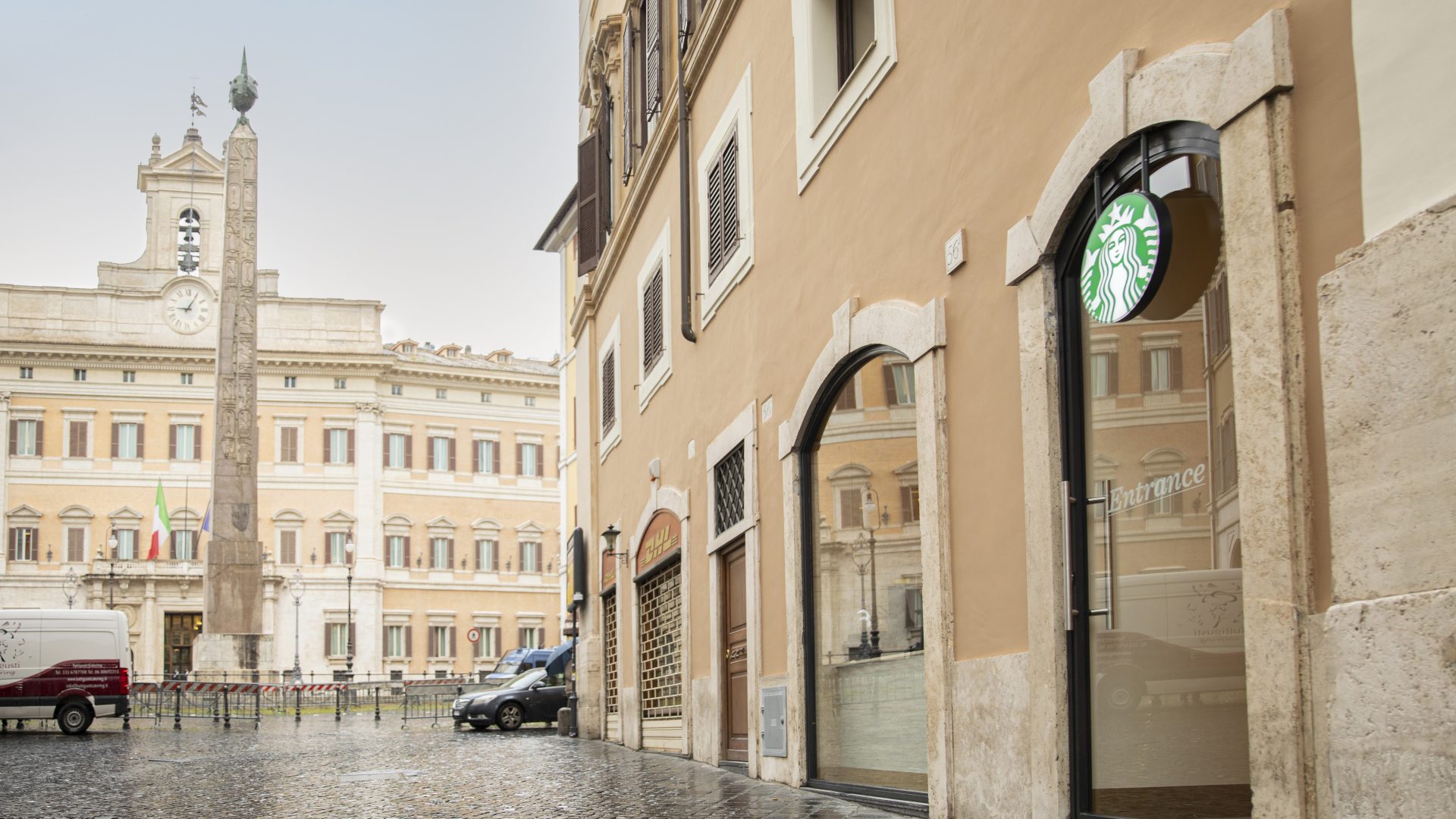A friend and I were walking back from a football game in Venice when we bumped into two people he knew. “Are you still coming over for dinner tonight?” they asked him. They then turned towards me, asked what my name was, and whether I wanted to join them later.
The whole scene felt absurd to me; I didn’t know these people at all, yet they had just invited me over to their home for food and drinks, on that very same evening. If you did that to someone in London, they’d get you sectioned on the spot.
I said I’d be up for it (when near Rome…) and we ended up having a wonderful evening. By the end of my two months in Venice, I’d been to the houses of most of my acquaintances; socialising at home is just what they do over there.
It is also what we do in France, where I grew up. Whenever I go to Paris for a few days, I’ll invariably end up hanging out on a friend’s couch, drinking wine and eating whatever happened to be in their fridge that day.
It’s one of the few things that made me homesick when I moved to Britain. You just don’t have people round in London unless you know them very well. I’ve mentioned it online and in person before and excuses are always made – the city’s too big, the flats are too small – but I’m not convinced it’s the whole story. You either have a culture where having friends over for no particular reason is the norm, or you don’t.
At least when I was in my early 20s there were house parties. They were messy, chaotic and unpredictable, and usually worth the hellish trip on the night bus home. This mostly stopped as I got older and friends lived in flats with possessions they cared about, and had acquired a taste for more refined dinner parties instead.
It was a tragedy; I was born to spend time idling in the houses of acquaintances yet seemed doomed to spend the rest of my life in overpriced pubs. By the time the pandemic hit, I thought it was all over for me. I was about to turn 30; my friends were getting married and pondering moves to the suburbs; I hadn’t been to a house party in months. It was the end of an era.
Well, for a little while. The lockdowns came and went, London reopened, then shut, then reopened for good, then… something happened. I’m not sure when it did – I only know that, a few months ago, I was having a drink with a friend and we compared our social calendars.
Both of us were hosting house parties in the coming weeks, and both of us had a number of other parties in our diaries. Some of them were large gatherings, others informal dos with a handful of people. Parents of young children wanted us in their garden but only until sunset, and younger pals would only welcome us after 8pm at the earliest. Something had shifted.
Intrigued by this sudden change of scene, I asked around to see if I could find out what was going on. The answer, it turns out, was deceptively simple: no one can afford to go out any more. My friends and I may have decent salaries, but the cost-of-living crisis really has come for us all.
In London especially, having a decent night out in a bar now requires parting with about as much money as deciding to buy a racehorse. Perhaps unsurprisingly, it is hard to have unbridled fun when all you can think of is the cost of the round that you have just had to pay for. Why not just pop to Lidl to buy five pizzas and a few bottles of fizz instead?
Another factor that was seldom mentioned, but which I believe played a part in this social revival, was the pandemic. We all spent so long starved of social connections that we are now keen to spend more time with each other. Gone are concerns about fussy neighbours or what may happen to the carpet; we only live once, and we might as well spend as much time as we can drinking cans in someone’s kitchen.
I have no idea how long this golden age will last. I suspect that, in a few months or years, enough people will have moved to zone 4 and had kids that the prospect of neverending house parties will stop seeming so attractive. Whatever happens next, I’m glad it did happen, and we got to embrace the European lifestyle for a little while. More than anything, it makes me feel at home.




